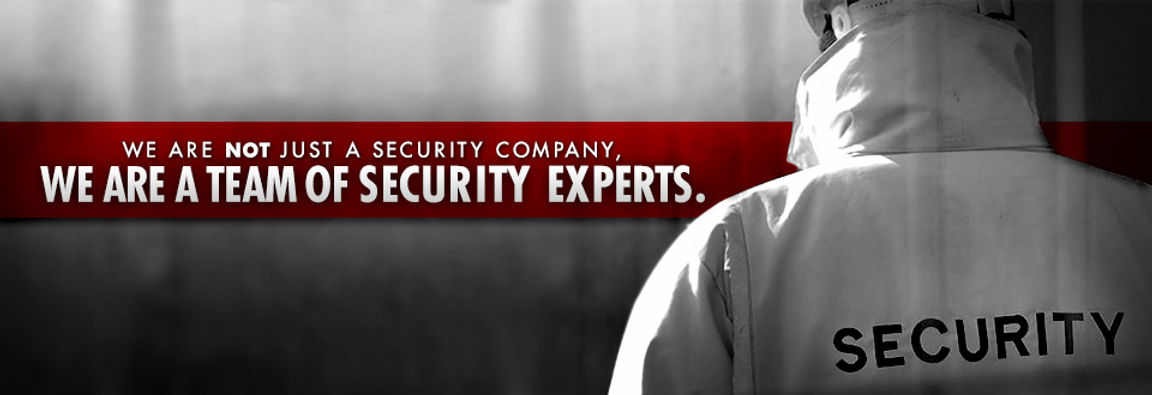This article looks at the ongoing challenge of the COVID-19 restrictions. The article will focus on how these challenges are affecting employees physical and psychological health and most importantly how they can lean into difficult times using the Eustress mindset.

The mental skill of goal setting is often undervalued as it seems so straight forward and something that we already are good at. It is however a vital first step in driving wellness and ensuring our mental health stays healthy. It is also one of the first things that is challenged and undermined when we feel unwell, as our energy drops, and we begin to feel demotivated and disengaged.
In sports psychology, one of the key plans of action for an athlete is first and foremost to have a plan. Have a plan for when it gets tough, when athletes feel demotivated, when the situation feels overly pressurised and when focus begins to wander. A key element of preparation is to revert to focused goal setting – remembering their training, going back to basics, back to what they know and create a go-to plan that is ‘ready to go’ for when it gets tough
“Goal setting is a skill we call on all the time, going through our daily routines – making breakfast, sticking to a timetable, working to deadlines. It is a skill we know well, and we mostly do it unconsciously, however what many people are not aware of are what are known as ‘process goals’.
.” Process goals are particularly good to have for when times are tough, when people are distressed and when there is a lot of uncertainty. Process goals help bring what feels out of control, back into control – starting with ourselves and our control over how we think, how we feel and how we can influence the inherent energy of our body. We use process goals to feel more confident and clear headed. Examples of ways to do this, are grounding and centring which are often referred to as ‘anchoring’ techniques. These techniques anchor the person to something they know works for them; gaining some control over the situation and helping them feel better, quickly.
At the moment we are feeling various levels of uncertainty, which is a natural reaction and not one to be overly concerned about. Here we can aspire to goal set in order to maintain, where possible, the same working routine, as if COVID-19 didn’t exist. This will help normalise what is going on and help maintain daily structure. Keep the same starting time, finishing time and usual breaks as well as scheduling some extra structured time each day to support others, such as children and partners working from home also. Acknowledging that this is a team effort and we all need to set some goals to help with daily household routines, childcare and exercise.
Regarding work processes, look at any impending deadlines and goal set by negotiating new timelines; realistically integrating the new COVID-19 factors. Goal set some wellbeing strategies, by exploring what has worked before and keep practicing these regularly. Share your weekly goals – work related and wellbeing related, to help ensure you do not take on too much and that you are acknowledging all keys areas.
It will be tough and it will feel scary or frustrating over the coming months; start to plan now for these times with some process goals strategies. Set powerful wellbeing goals by incorporating various breathing techniques, short meditations, or thinking about something that helps you feel better in the moment, to calm and sooth yourself. Avoid negative and worrisome future predicting and instead focus on constructive 'here and now' planning.
These are the same mental skills that all top athletes and military personnel practise to perform well and to manage their own wellbeing under major pressure. These techniques work, they are easy to practise, and they achieve results. All of this starts with the simple ability to goal set and to keep on goal setting – each day, especially when it gets tough.


